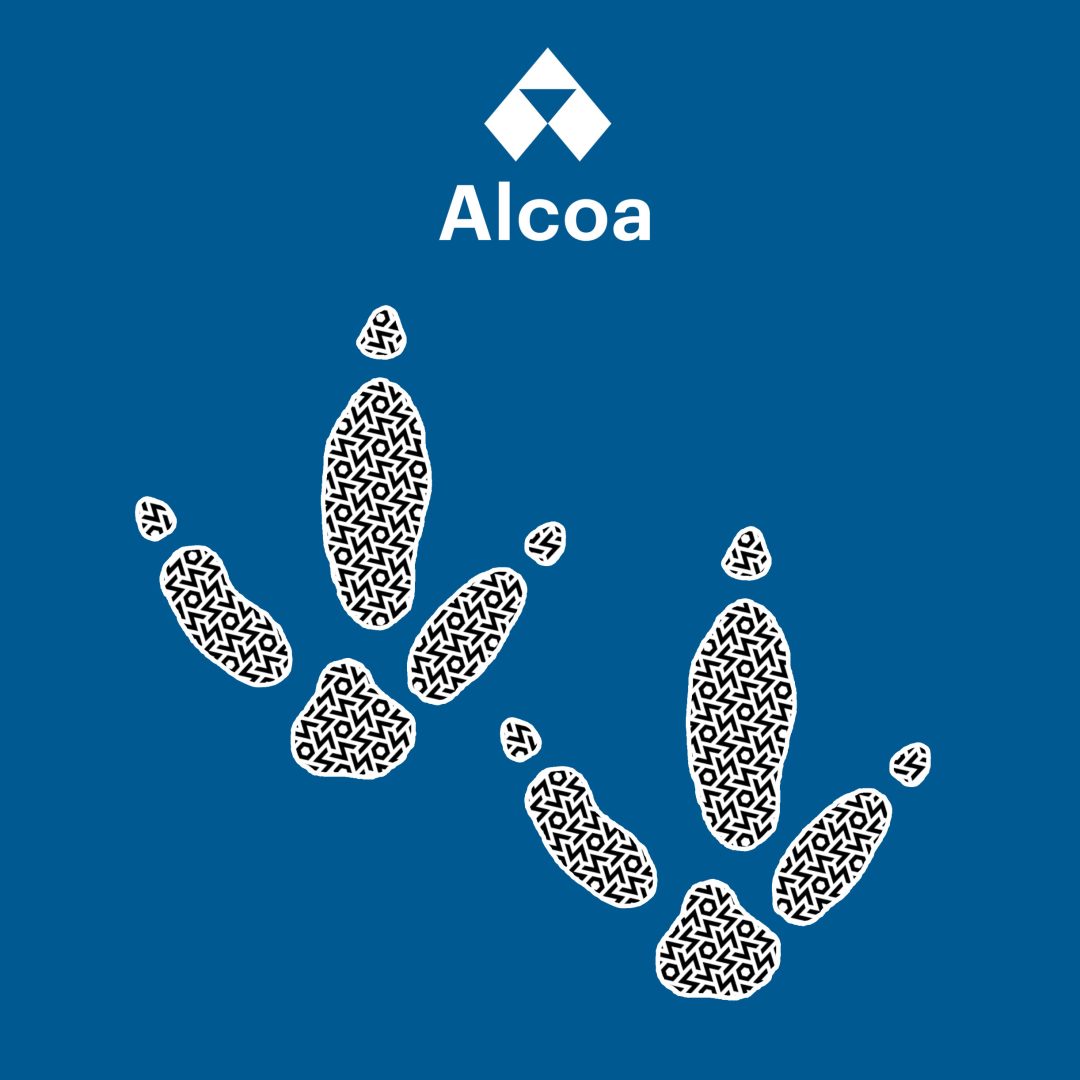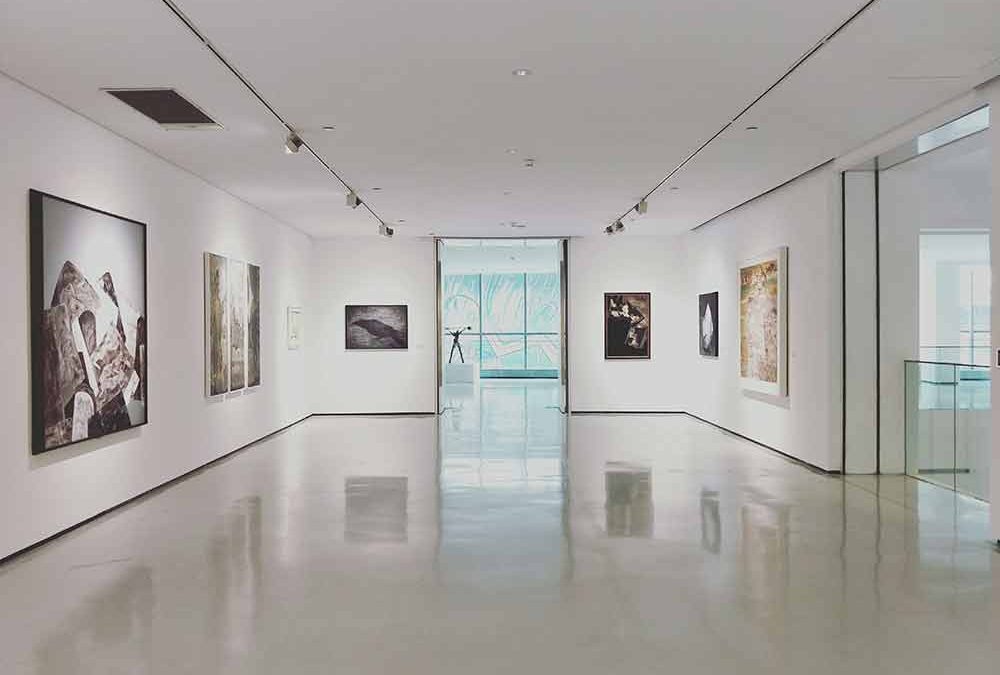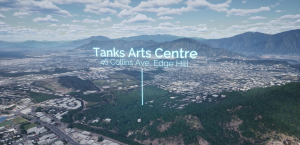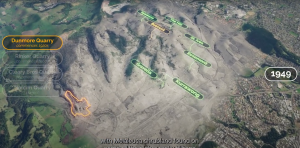VR Apps for Travel & Tourism
3D Walkabout is an Australian based VR studio that designs VR applications for the Travel & Tourism industry.

Virtual Reality (VR) for Travel & Tourism
What are the benefits of VR for the travel & tourism industry?
Increased Engagement: VR can provide an immersive experience that allows users to explore a destination or try out a particular activity before making a commitment to travel there. This can help to increase the likelihood that potential customers will book a trip or purchase a product.
Improved Customer Experience: VR can be used to create customised experiences that are tailored to the individual needs and preferences of each customer. This can help to create a more enjoyable and memorable experience for customers, which can lead to repeat business and positive word-of-mouth reviews.
Greater Accessibility: VR can be used to provide virtual tours of destinations or experiences, which can be helpful for those with physical limitations or who live in remote areas. VR can also be used to provide educational experiences about different cultures or historical sites, which can make travel more accessible for everyone.
Increased Efficiency: The use of virtual reality can also help to increase the efficiency of the travel and tourism sector as a whole. VR can be used for training employees, planning events, or marketing campaigns. Additionally, VR can be used to simulate different scenarios in order to help businesses plan for disruptions or emergencies.
Reduced Costs: The use of virtual reality can also help to reduce the costs associated with the travel and tourism sector. VR can be used for training employees, planning events, or marketing campaigns. Additionally, VR can be used to simulate different scenarios in order to help businesses plan for disruptions or emergencies
Increased Sales: The increased engagement and improved customer experience that VR can provide can lead to increased sales for the travel and tourism sector. VR can help you to stand out from the competition and attract more customers, which can ultimately lead to increased revenue.
Enhanced Marketing: Virtual reality can enhance your marketing efforts and help you to reach a wider audience. For example, you can use VR to create an immersive experience that allows potential customers to explore your destination without leaving their homes. Additionally, VR can be used to create targeted marketing campaigns that are specifically designed for specific demographics or interests.
Improved Customer Retention: Virtual reality can also help you to improve customer retention rates by providing an immersive and memorable experience that will keep customers coming back for more. Additionally, VR can help you to build loyalty among your customer base by offering exclusive experiences or rewards that are only available through VR
How VR being used now by the tourism sector?

Brainstorm your ideas on 1300 00 3392
If you’d like to receive our full ‘VR for Travel & Tourism Information Pack & Price List‘ please add your details below.
The industries we work in
VR Travel & Tourism Projects
VR Travel & Tourism Articles
VR Travel & Tourism Videos
Frequently Asked Questions
What is AR and VR in tourism?
AR refers to the use of real images overlayed with augmented images or features that enhance the user experience. On the other hand, VR is a completely virtual version of the area, which can be used for tourists to experience a city before actually visiting it.
How VR can be used in tourism?
Virtual reality headsets provide a realistic and immersive experience that can be used to view different tourist destinations. This can help tourists make a decision about where to travel and what activities to participate in. VR can also be used to promote tourism by providing a preview of what the destination is like. Additionally, VR can be used to give tourists information about the history and culture of the destination. Overall, it is clear that virtual reality technology has great potential for the travel and tourism sectors. With its ability to create immersive and engaging experiences, VR has the potential to change the way we travel and experience different destinations.
Is VR good for motion sickness?
There is some debate about whether virtual reality is good for motion sickness. Some people argue that VR can help to alleviate the symptoms of motion sickness, as it can create an environment in which the user is stationary. Others argue that VR can actually cause or worsen motion sickness, as it can be more immersive and realistic than other forms of media. Ultimately, the answer may vary from person to person, and it is important to experiment with different VR content to determine if it causes any discomfort.
Can you wear VR on a plane?
There is no definitive answer to this question as it depends on the VR headset in question and the airline’s policy. However, in general, most VR headsets are not allowed on planes due to safety concerns. This is because, if a headset were to malfunction or fall off of a passenger’s head, it could potentially interfere with the plane’s electronics or injure other passengers. As such, it is typically recommended that passengers do not wear VR headsets during flights.
What is Metaverse tourism?
Metaverse tourism is a relatively new phenomenon, made possible by the advent of virtual reality technology. It refers to the act of travelling to different virtual worlds, or “metaverses”, through the use of VR headsets. These metaverses can be based on existing locations, such as cities or countries, or they can be entirely fictional. Metaverse tourism offers a number of advantages over traditional travel. For one thing, it is much cheaper, as there are no real-world expenses such as airfare, accommodation or food. Additionally, it is a much more immersive experience, allowing travellers to explore new places and cultures in a way that is not possible in the real world.
What is VR hospitality industry?
The VR hospitality industry is a relatively new sector that is emerging in response to the growing popularity of virtual reality technology. This industry encompasses all aspects of travel, including accommodation, transportation and tourist attractions. VR hospitality businesses use virtual reality technology to create immersive, interactive experiences for their customers. This can range from providing virtual tours of hotels and resorts to allowing customers to explore different destinations around the world. VR hospitality businesses are still in the early stages of development, but it is clear that they have enormous potential as marketing tools.
How is VR being used now by the tourism sector?
One of the most obvious ways in which VR is being used by the tourism industry is in the area of marketing. By creating immersive VR experiences, businesses can give potential customers a taste of what it would be like to visit their destination or attraction. This can be a very effective way to promote a location and inspire people to book a trip.


































